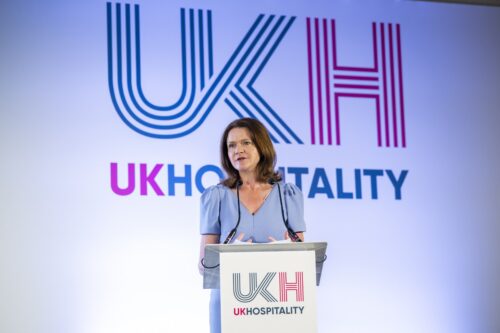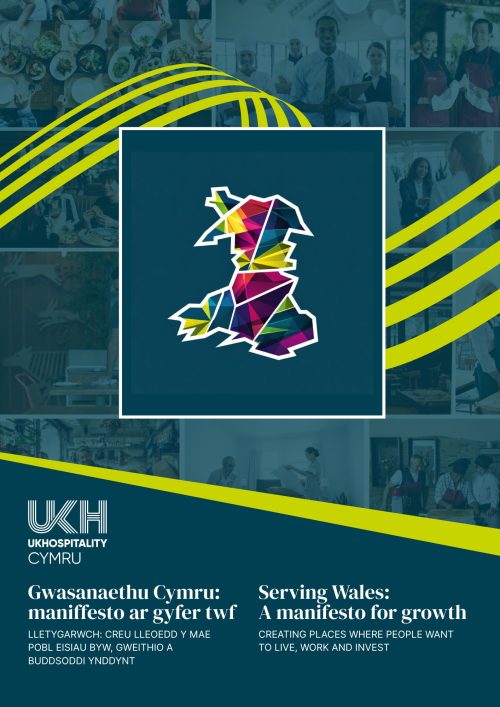UKHospitality said the additional £1.4bn in wage increases from April makes delivering business rates reform in full for the sector critical.
The Government has announced that, from April 2026, the National Living Wage will increase to £12.71, an increase of 4.1%. The wage rate for 18- to 20-year-olds will increase to £10.85, a higher-than-expected increase of 8.5%.
In total, the wage increases represent a total £1.4 billion in additional cost for hospitality businesses.
Budget support
The additional cost once again increases the sector’s tax burden and further demonstrates the need for the Government to deliver business rates reform in full. This means:
- 1
Implementing the maximum possible business rates discount for all hospitality properties below £500,000 rateable value.
- 2
Ensuring no penalty charge is applied to any hospitality property above £500,000 rateable value.
We also warned that the level of increases to youth rates will put further pressure on youth employment, just days after the ONS revealed there were almost a million young people not in employment, education or training.
Our response

Kate Nicholls, Chair of UKHospitality, said: “Increases to minimum wage rates are yet another cost for hospitality businesses to balance, at a time when they are already being taxed out.
“These additional costs make action at the Budget to reduce hospitality’s tax burden even more important, especially if businesses are expected to sustain this level of annual wage increase.
“Hospitality businesses have reached their limit of absorbing seemingly endless additional costs. They will simply all be passed through to the consumer, ultimately fuelling inflation.
“The sector needs the Chancellor to reduce its tax burden through significant business rates reform tomorrow. We need to see the maximum possible business rates discount for all eligible hospitality properties and no hospitality venue hit by the surcharge.
“The higher-than-expected increase to the rates for under-21s are also worrying for hospitality businesses, who had hoped the Government would take a more pragmatic approach to achieving its goal of equalising all wage rates.
“When there are almost a million young people not in employment, education or training, this will put further pressure on already fragile youth employment rates. Given the Government’s ambition to help young people back into work, this level of increase is concerning.
“Hospitality is a sector that offers opportunities for all, regardless of experience or background, and is uniquely placed to help tackle youth unemployment. This should be embraced and supported, rather than discouraged.”




